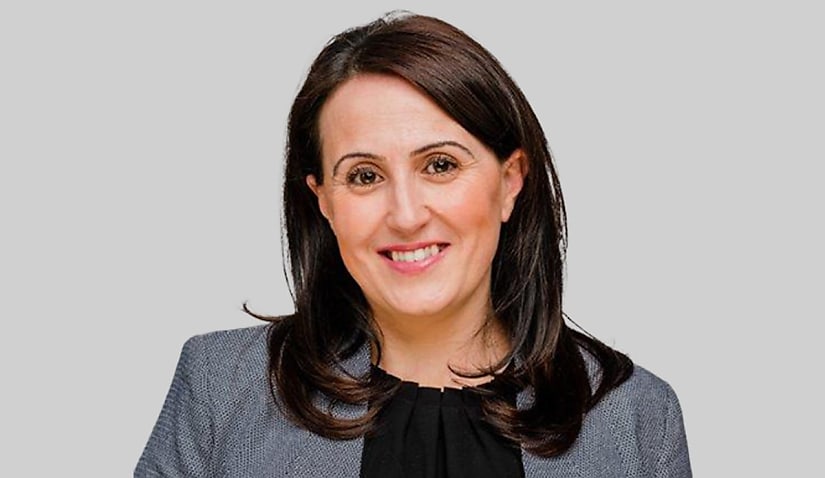Powered by MOMENTUM MEDIA
Tapping into one’s resilience as a lawyer is something one may be required to do every day, said this law firm director.

Madison Marcus director Theresa Armstrong is the managing partner of the firm’s office in Parramatta, NSW. Speaking recently on The Lawyers Weekly Show, she delved into her 20-year experience with the emerging BigLaw firm and how developing “mental toughness” enabled her to manage uncomfortable experiences with clients.
Building professional confidence throughout her career has meant she no longer needs to “sell myself to my clients”, compared to when first entering the industry as a junior lawyer. Instead, fostering a resilient mindset has equipped Ms Armstrong to handle unpleasant clients.
“It’s that ability to deal with negative situations in the most positive way. It’s certainly not something that we’re built with, but it’s something that we develop over time through experience,” she explained.
Whether it be responding to a difficult email or steering an upsetting conversation, “I have to tap into my resilient characteristic every day, in almost everything I do,” Ms Armstrong said.
“At some point during the course of my day, there’s going to be some negative feeling that comes out of a task that I’m doing. You have to develop resilience, and you have to use your grit to get through those really difficult times.”
She noted that a resilient mentality is built through failings and negative experiences, especially when first starting out and managing client expectations.
“In the beginning, it was very much, ‘I’m going to quit, I’m going to quit, I’m going to quit.’ I would sit there, and then I would find a way somehow,” she reflected.
“Charging clients is one of the hardest things you will do as a lawyer, and I think everyone will appreciate that. It’s developing the ability to have the client appreciate why you charge what you charge, and therefore demonstrating that you have added value to them.”
The director identified billings and costings as the centre of numerous “heated discussions” with clients, but she has learned not to rely on superiors and instead “demand respect” to manage the situation herself.
Moreover, Ms Armstrong emphasised two key strategies to maintain a resilient attitude and remain “in charge” with clients.
“Reflection and review is so important. You need to be able to walk out of every meeting, especially the negative ones, and the first thing you need to do is reflect and review what went on. Ask yourself some key questions to assess how you could stop that from happening,” she suggested.
“It also comes down to self-belief and positive self-talk. If you go in there with negative thoughts of, ‘Are they going to like me? Am I going to be able to come up with the outcomes that they’re looking for?’ then that mindset is going to form the basis upon how that meeting will unfold.
“You need to walk in there knowing that they’ve come to you for a reason and that you are the expert.”
When concluding on final thoughts, Ms Armstrong reiterated the impossible nature of pleasing every stakeholder when building your client base.
“Thankfully, through years of experience, the willpower, the grit, the resilience and the emotional intelligence, I’ve been able to persevere through all those negativities and all those times [when] clients have made us feel like we are worthless. I’ve really developed the skill of realising, ‘I can’t please everybody’,” she said.
The transcript of this podcast episode was slightly edited for publishing purposes. To listen to the full conversation with Theresa Armstrong, click below: